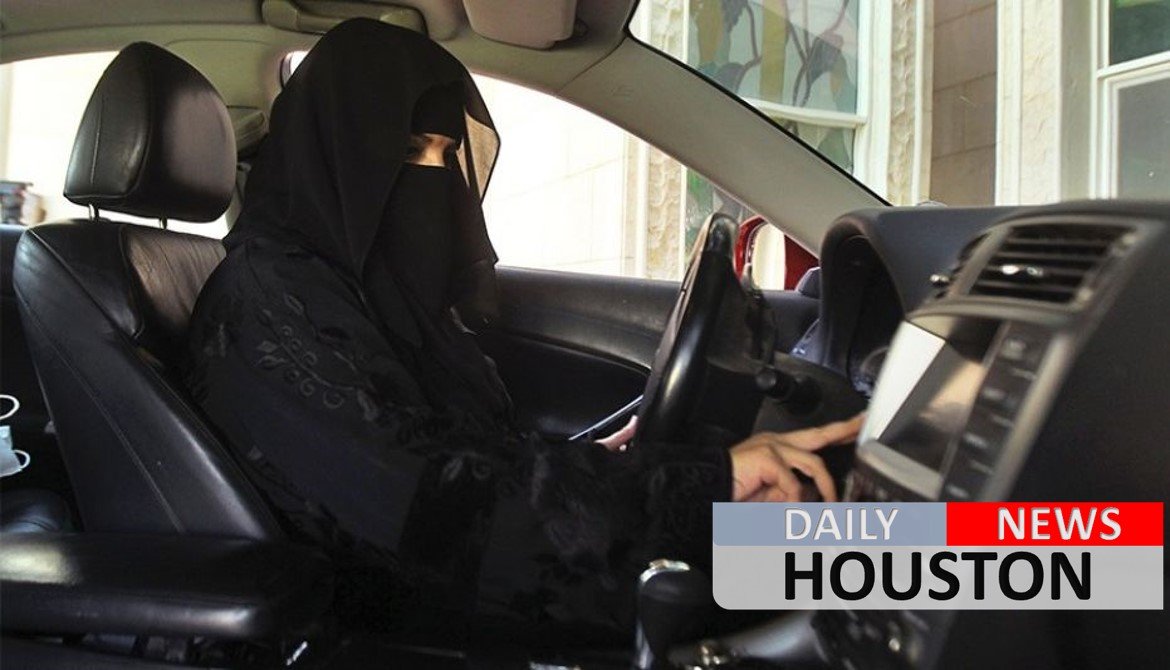Women in Saudi Arabia will now be allowed to obtain drivers licenses, as per an order from King Salman, reports said on Tuesday.
The historic announcement, which reverses a decades-old law prohibiting the act, was announced in a state television broadcast, The New York Times reported.
The law will reportedly not take effect immediately due to necessary societal changes. Currently, the kingdom has no system set up in order to teach or distribute licenses to women, The New York Times reported. Also, they say police will need to be trained on how officers may interact with women in society. In Saudi culture, it is reportedly uncommon for men and women who are not related to interact frequently.
According to the Saudi Press Agency, the decree reportedly ordered the establishment of a committee, who is expected to give advice on how to proceed with the new law within 30 days, BBC reported. The order is expected to be in effect by June 2018.
“The royal decree will implement the provisions of traffic regulations, including the issuance of driving licenses for men and women alike,” the report said according to BBC.
In the announcement, officials noted the damage the previous law had done to the country’s reputation. Saudi Arabia has long been the recipient of significant criticism over the rule, calling it a repression of women. It was also the only country in the world that barred women from driving.
Officials reportedly hope that the new policy will help undo some of the negative publicity the country has received regarding the matter.
U.S. State Department spokeswoman Heather Nauert said the U.S. is “happy” with the move, calling it “a great step in the right direction for that country.” But Nauert hasn’t commented on whether Saudi Arabia still needs to do more to ensure full rights for its female citizens.
For many years, activists have argued that the ban is unjust and should be overturned. But Saudi officials have justified the law, saying that “it was inappropriate in Saudi culture for women to drive, or that male drivers would not know how to handle women in cars next to them,” The New York Times reported. Others have also reportedly claimed that overturning the order would lead women to act promiscuously.









